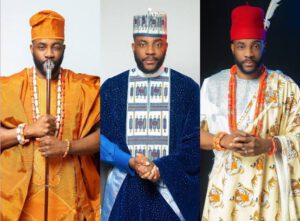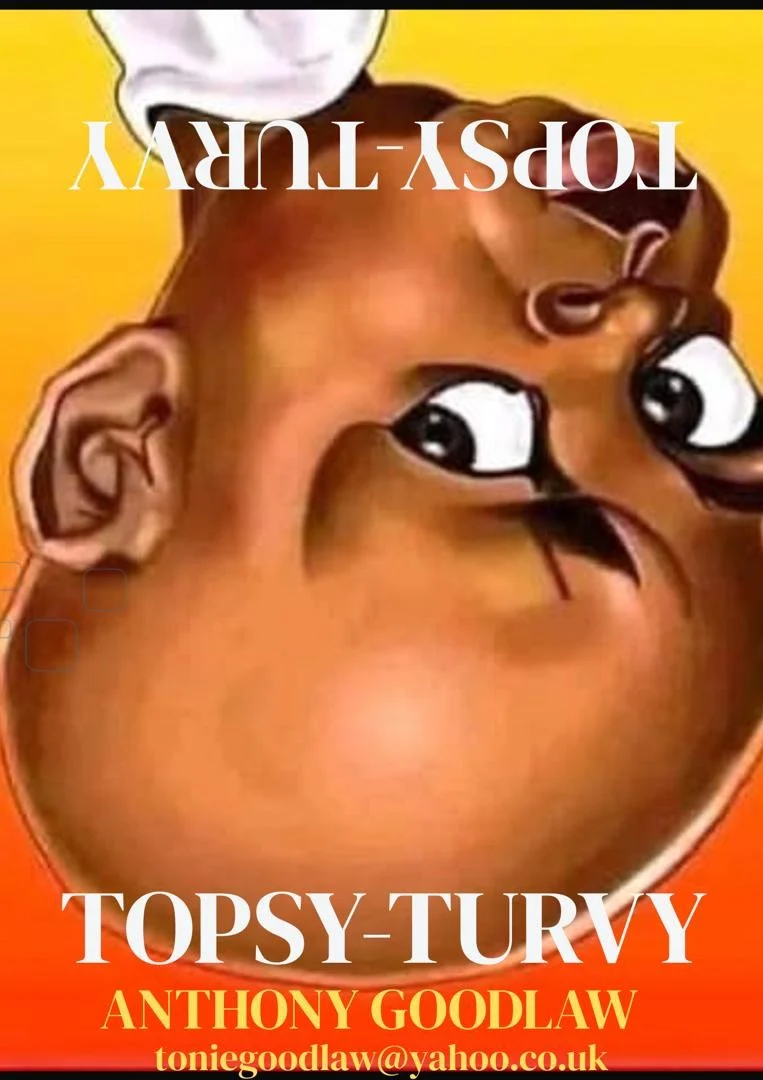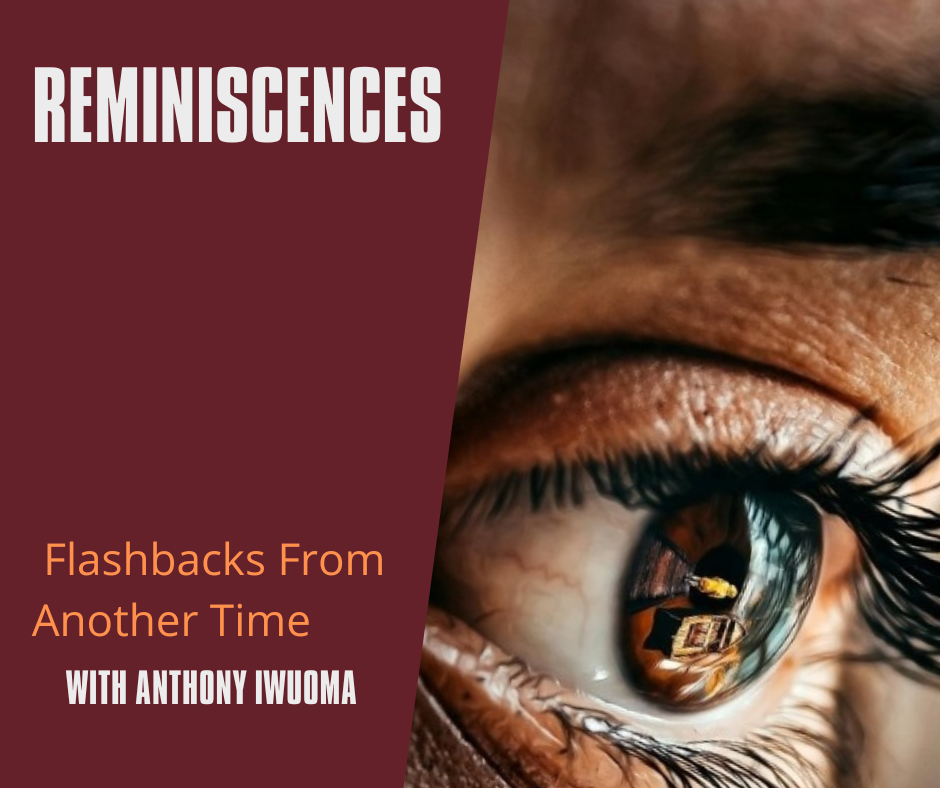
By Anthony Iwuoma
Kindly share:
There is a new, sinister tribe being invented across Nigeria. It has no common language, no shared homeland, and no cultural heritage. Its identity is based entirely on suspicion, generalisation, and prejudice. It is the tribe called “criminal”, a label unjustly assigned to entire ethnic groups based on the misconduct of a few.
In recent years, and especially during and after the 2023 general elections, this tribal fiction has become a tool for division, particularly between the Yoruba and the Igbo. A dangerous narrative has taken root in some circles that paints the Igbo people as inherently criminal or politically invasive, an absurd, historically illiterate idea that undermines decades of peaceful coexistence, collaboration, and mutual respect between Nigeria’s two most progressive and entrepreneurial ethnic groups.
Nowhere is this damaging narrative more concentrated than in Lagos, Nigeria’s bustling commercial capital. A city built on migration, diversity, and enterprise, Lagos has become the battleground for a warped kind of identity politics, one that pits Yoruba “ownership” against Igbo “presence” in ways that are both ahistorical and unjust.
To reduce the Igbo presence in Lagos to an “invasion” or to claim they are plotting political dominance is to forget the shared journey of these two peoples.
Historically, the relationship between the Igbo and Yoruba has been one of intellectual competition, economic synergy, and cultural exchange. The cities of Ibadan, Lagos, and Onitsha have long served as meeting points for traders, scholars, and artists from both groups. In the early post-independence period, Eastern and Western Nigeria led the country in education and commerce. Igbo apprentices trained under Yoruba mentors, and vice versa. Intermarriages have been common. And many Yoruba names, from Awolowo to Soyinka, are revered in Igbo households, not out of tribal obligation, but mutual respect.
During the Nigeria-Biafra war (1967–70), Yoruba leaders, such as Chief Obafemi Awolowo, despite criticisms, played key roles in advocating for political solutions. While historical grievances exist, as they do among all Nigerian ethnicities, they have never risen to the level of ethnic enmity, not until now, and not until manipulated by opportunistic political actors.
What we are now witnessing is not a natural evolution of Yoruba-Igbo relations, but a deliberate strategy by some to pit communities against each other for votes, territory, and economic leverage. The cost of this strategy will be high, not just for the Igbo, but for the Yoruba, and for Nigeria as a whole.
Much of the current tension began in earnest with the rise of Peter Obi as a major political force during the 2023 presidential elections. A disciplined technocrat with a track record of prudent governance in Anambra State, Obi quickly won the hearts of many Nigerians, young and old, Igbo and non-Igbo. His message of transparency, accountability, and meritocracy struck a chord in a nation tired of recycled elites and broken promises.
However, rather than confront Obi’s popularity with ideas, some political elements chose the easier path: ethnic framing. Suddenly, Obi was not just a candidate; he was “the Igbo candidate.” And by extension, every Igbo person who supported him became a suspect in a grand ethnic conspiracy. This framing was as lazy as it was dangerous.
Peter Obi did not run on an ethnic platform. He was not sent by Ohanaeze or any Igbo socio-political group to contest the presidency. He emerged from a political party that had no ethnic base and attracted support from Nigerians across regions and religions. His campaign rallies in Lagos, Kano, Kaduna, and Jos were filled with people from all tribes, evidence of a national movement, not a tribal uprising.
Yet, this truth was inconvenient to those whose political survival depends on dividing Nigerians along ethnic lines. So they pushed a false narrative: that the Igbo were trying to “take over” Lagos, that they were “ungrateful guests,” that their political ambitions were a threat to “indigenous” ownership. In a frenzy of manufactured paranoia, Igbo businesses were attacked, their votes suppressed, and their loyalty questioned.
But let us be clear: No right-thinking Igbo person has ever claimed that Lagos is a “no man’s land.” That phrase, which has been irresponsibly amplified, is not a commonly held Igbo belief. Most Igbo understand that Lagos, historically and constitutionally, is part of Yoruba land. What they have asked for is not ownership. The most they have asked for, not only in Lagos, is the right to live, work, vote, and participate fully and freely in the society to which they contribute so much as citizens.
What is being framed as entitlement is, in fact, aspiration. What is being mischaracterised as domination is, in truth, participation. There is a difference between an Igbo person contesting for political office in Lagos and an attempt to seize control of Lagos. To pretend they are the same is to sow seeds of hatred.
The most poisonous part of this narrative is the framing of the Igbo people as inherently criminal. Petty criminals, drug dealers, and fraudsters exist among all Nigerian ethnic groups. The statistics speak clearly: crime is a national problem, not a tribal one. Whether it’s “Yahoo boys” in Edo, kidnappers in Zamfara, cultists in Ogun, or gun-runners in Anambra, every state has its share of criminality.
To cherry-pick Igbo names from police reports and use them as evidence of collective guilt is dishonest and intellectually bankrupt. It is no different from racism in the West, where Black people are profiled and brutalised based on stereotypes. It is unjust, it is inhumane, and it must be resisted.
Furthermore, if the Igbo were truly a criminal tribe, Lagos would not be the economic powerhouse that it is. Igbo businesses significantly contribute to the city’s revenue base through trade, real estate, transportation, and taxes. They build markets, pay levies, and employ thousands of people from all tribes. They are not drains on the system; they are engines of its growth.
The real criminals in this story are not the Igbo, or the Yoruba, or any other ethnic group. The true criminals are those who weaponise ethnicity to cover their failures. The politicians who loot state treasuries while pointing fingers at other tribes. The media influencers who twist facts to stir conflict. The landlords of the division who profit from hate, and security operatives who slant their reports to cover their failures instead of objectively dealing with culprits.
Nigeria is in crisis, both economically and socially. We cannot afford to fight imaginary tribal wars while the real enemy, corruption, poverty, and illiteracy, marches through our cities unchallenged.
Those who claim to defend Yoruba heritage by attacking the Igbo are not defenders; they are destroyers. Yoruba culture is one of tolerance, hospitality, and wisdom. It is not built on fear. Likewise, those who respond to Yoruba fears with Igbo superiority are doing no favours to their people. Pride is not a substitute for peace.
We need to return to our shared values: hard work, mutual respect, and truth. We must reject any narrative that asks us to hate our neighbour based on their surname. The future of Lagos, and indeed, Nigeria, depends on our ability to see each other not as threats, but as partners.
Let this be a call on all Nigerians, especially the young, to rise above the tribal traps laid by yesterday’s politicians. Let us ask better questions: Who is building? Who is stealing? Who is healing? Who is dividing?
Let us no longer allow politicians and tribal bigots to knock our heads together for their convenience; we are their joint victims.
Let us remember that every time we insult someone because of their tribe, we insult the very idea of Nigeria, imperfect as it is. Every time we stereotype, we shrink the room for unity. And every time we justify injustice because the victim is “not one of us,” we betray our humanity.
There is no tribe called “criminal.” There is only a country with broken systems, where the worst among us often rise while the best are silenced.
Nigeria cannot afford the luxury of tribal suspicion any longer. Our wounds are too deep, our needs too urgent. It is time we rejected the politics of profiling and embraced a future built on shared struggles and common hopes.
Let us bury this imagined tribe called “criminal” before it buries what is left of our national unity.
If Nigeria is to survive, and eventually thrive, we must reject this new tribal fiction and return to truth, fairness, and decency.
Because in the end, what unites us must be stronger than what divides us.
Anthony Iwuoma is a political analyst and newspaper columnist




